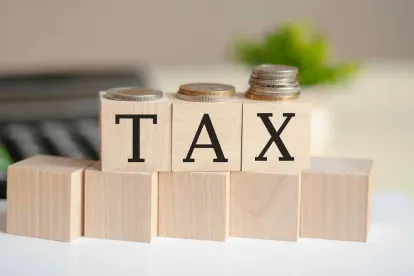Normalization Generally
Subject to specified conditions, regulated public utility companies are required by Section 168(i)(10) of the Internal Revenue Code of 1986, as amended (the “Code”), and the Treasury Regulations thereunder, to “normalize,” for rate-making purposes, the accelerated depreciation and investment tax credit (“ITC”) recognized with respect to public utility property (“PUP”). “Normalization” requires regulated public utilities, for rate-making purposes, to amortize the depreciation deduction and ITC with respect to PUP on a straight-line basis over the property’s useful life as determined for regulatory purposes. As a result, in the case of an ITC-eligible renewable energy facility, the accelerated depreciation and ITC reduce the amount of the utility’s income tax expense, but the corresponding reduction in the amount of income tax expense required to be reimbursed by the utility’s customers is deferred. The amount of income tax expense recovered from customers through the utility’s rates is higher than actual income tax expense in the earlier years of the facility’s useful life and lower than actual income tax expense in the later years. Put another way, customers’ rates are inflated in the facility’s earlier years because the customers are effectively reimbursing the utility for income tax expense that has not yet been incurred. In contrast, in the facility’s later years, the situation reverses, and the customers do not fully reimburse the utility’s actual income tax expense with respect to the facility. By the end of the facility’s regulatory useful life, the utility typically will be reimbursed, in total, for the actual amount of income tax expense. However, considering the time value of money, the recovery by the utility of excess income tax expense in the earlier years of a facility is a distinct economic advantage.
Public Utility Property
An item of property must satisfy three requirements in order to be classified as PUP, in which case such property will be subject to the normalization requirement:
-
the property must be used predominantly in the trade or business of the furnishing or sale of (a) electrical energy, water or sewage disposal services, (b) gas or steam through a local distribution system, (c) transportation of gas or steam by pipeline, or (d) telephone services or certain other communications service;
-
the rates for such furnishing or sale must be established or approved by a state or political subdivision thereof, any agency or instrumentality of the United States, or by a public service or public utility commission or similar body of any state or political subdivision thereof; and
-
the rates so established or approved must be determined on a rate-of-return basis.



 />i
/>i

